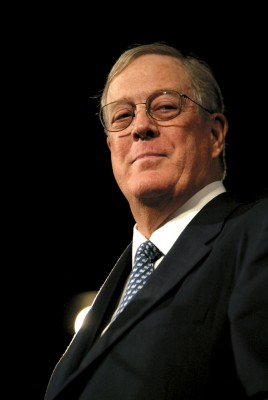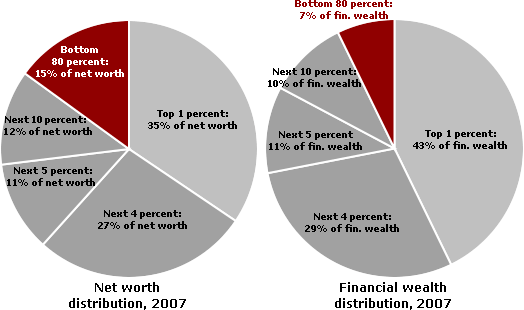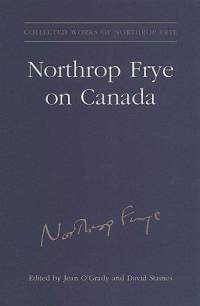httpv://www.youtube.com/watch?v=WGFer3-Aguw
Lana Turner in The Postman Always Rings Twice, 1946
“It was a blonde. A blonde to make a bishop kick a hole in a stained glass window.” Raymond Chandler, Farewell, My Lovely
Kevin Nance has an article on the apparent disappearance of the femme fatale from the movies. An excerpt:
She’s in trouble, she says, and needs his help. He hesitates a second while his brain tries to work. Whatever her problem is — something about her husband working her over, the sick bastard — she can take care of herself, from the looks of her. But hello, the looks of her: those long legs, those tremulous lips, those wounded eyes. This dame isn’t in trouble, she is trouble, his brain shouts — but those eyes, those eyes. He’s way past listening to his brain. The only sound he can hear is her voice, whispering that she needs him, wants him, can’t live without him. And if his brain turns out to be right, if she ends up dragging him down into depravity, madness and murder, well, tough. If there was ever a thing worth going straight to hell for, she’s it.
Or was. In the restless middle of the 20th century, the femme fatale, the dark queen of film noir, jolted the silver screen with an electric sexuality and lethal cunning it had never seen before. She smoldered, she coveted, she hated, she schemed and, above all, she manipulated the men in her life — alternately offering and withholding the promise of love and a mind-blowing screw, playing the poor saps like puppets as the moment required. Along the way, she provided a group of gifted, intrepid Hollywood actresses a chance to shine in a way few of their rivals ever did or could, which is to say darkly: Barbara Stanwyck in Double Indemnity (1944), Lana Turner in The Postman Always Rings Twice (1946), Rita Hayworth in Gilda (1946) andThe Lady from Shanghai (1947), Jane Greer in Out of the Past (1947) — unforgettable performances all, in every case a career zenith.
Frye in Words with Power:
Romantic and later poets are also preoccupied with femme fatale figures: Medusa in Shelley and Salome in Oscar Wilde and elsewhere, the latter holding the severed heard of John the Baptist, dramatize their castrating proclivities. Keats’s La Belle Dame sans Merci, which takes its title, though not its theme, from a fairly harmless medieval poem, presents us with an inferno of damned lovers in the setting of a bleak landscape of exhausted fertility. The dark and gigantic females in Baudelaire assimilate the figure to the vast unconsciousness of the natural environment.
Gerard de Nerval’s poem Horus takes us back to Graves’s mythological context: the goddess Isis, finding herself in bed with an old king, flings away from him and goes to look for a younger partner. As we should expect, the femme fatale is sometimes associated with Eve after the fall: such an association turns up in Valery’s long poem Ebauche d’un serpent (it is also one of the strands in the complex weave of La jeune Parque). Once again, it will not do to write these off as individual psychological quirks of misogyny. (CW 26, 192)
And, because it’s Lou Reed‘s birthday today, his “Femme Fatale” (with The Velvet Underground and Nico) after the jump.
Continue reading →





